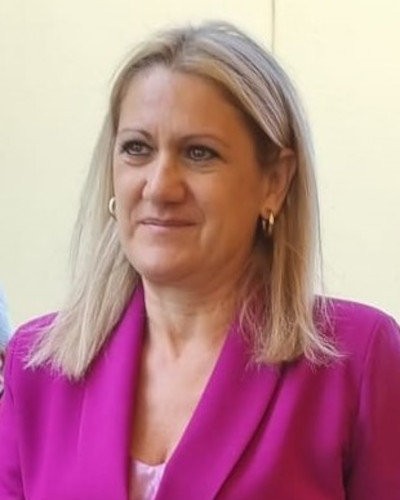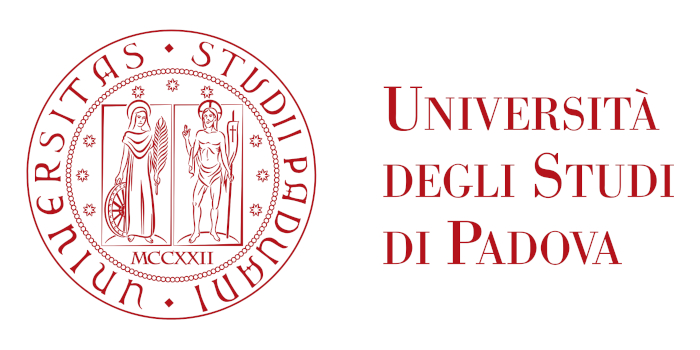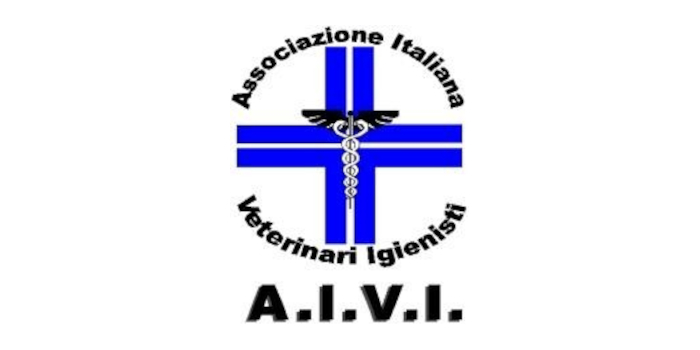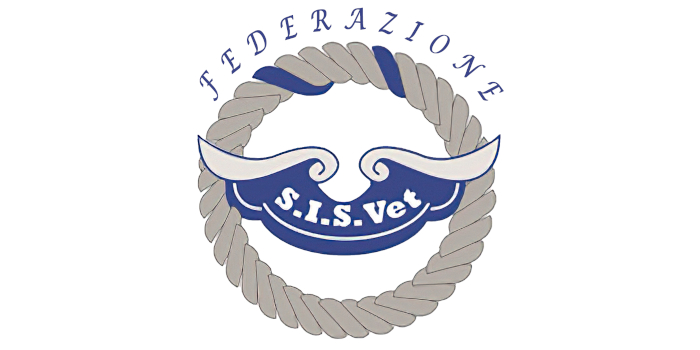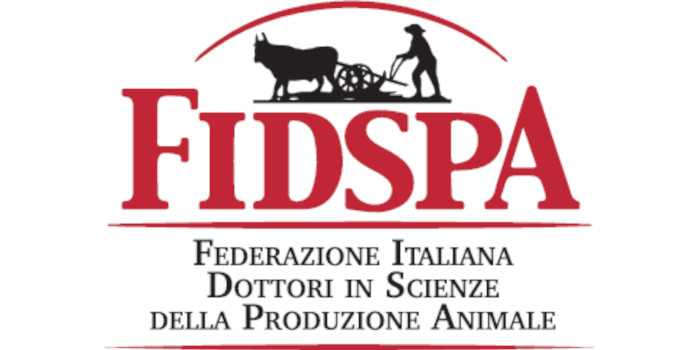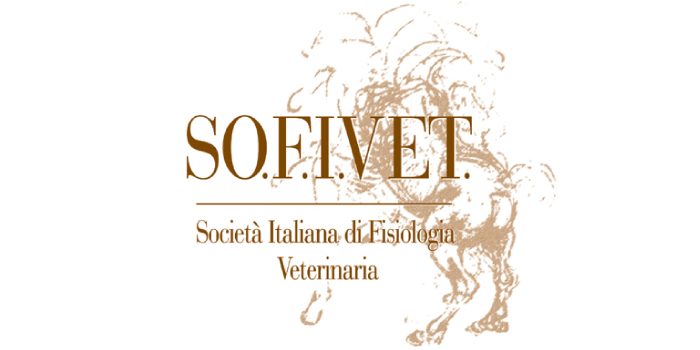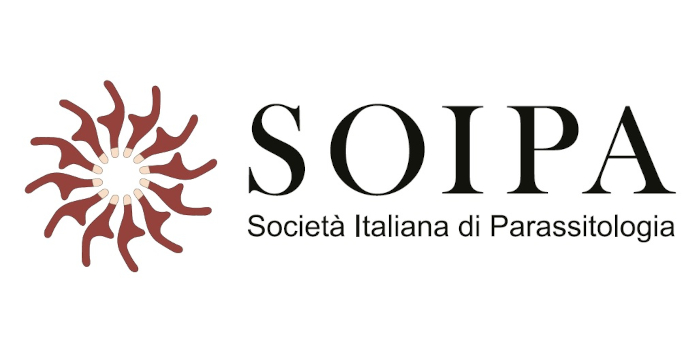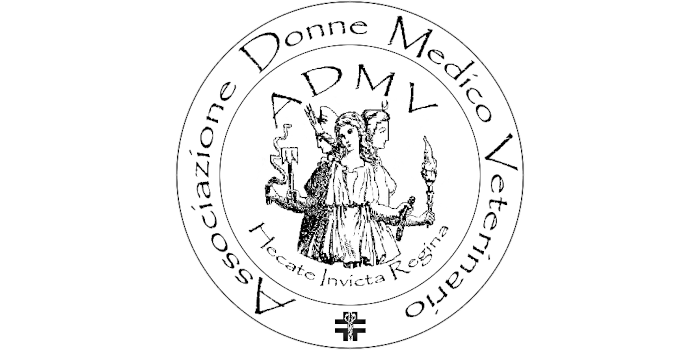SPECIAL SESSION #03
Metrology for Food Quality, Safety, and Traceability
ORGANIZED BY
Raffaella Branciari
Department of Veterinary Medicine, University of Perugia, Italy
Luca Fasolato
Department of Comparative Biomedicine and Food Science - University of Padova, Italy
Raffaele Marrone
Department of Veterinary Medicine and Animal Production, University of Naples Federico II, Italy
Erica Tirloni
Department of Veterinary Medicine and Animal Sciences, University La Statale of Milan, Italy
SPECIAL SESSION DESCRIPTION
Metrology, the science of measurement, is a cornerstone of modern agri-food systems, ensuring accuracy, reliability, and consistency across the entire production and distribution chain. Its systematic application supports the early identification and effective control of hazards, addressing both established and emerging risks to food safety. Through the use of sensitive, accurate, and standardised measurement methodologies, metrology improves analytical performance and enables the comparability of data between laboratories and analytical platforms, fostering trust and transparency in food analysis.
The integration of metrological frameworks along the “farm-to-fork” chain plays a key role in maintaining food quality, safety, and traceability. Reliable measurements support the development of robust self-monitoring systems and official control procedures, ensuring compliance with increasingly complex regulatory frameworks at national and international levels. This alignment not only protects consumers but also facilitates fair trade and mutual recognition of results among competent authorities.
Metrology is particularly important in verifying novel and non-traditional food products, such as those derived from alternative protein sources, such as insect or game meat, where ensuring measurement accuracy and validating methods can be more challenging. By providing a solid scientific basis for food control systems, metrological principles help strengthen risk management strategies, improve product authentication, and enhance consumer confidence.
Ultimately, the adoption of metrology within agri-food systems contributes to the integrity of the global food supply chain. It ensures that measurements are traceable, reproducible, and internationally comparable, supporting regulatory compliance, promoting innovation, and safeguarding public health through reliable, evidence-based decision-making.
ABOUT THE ORGANIZERS
Raffaella Branciari, associate Professor at the University of Perugia, Inspection of Food of Animal Origin, Doctor in Veterinary Medicine, specialised in in Food Inspection of Products of Animal Origin, with a PhD in Chemistry, Technology, and Hygiene of Food, University of Turin. She carried out research activities in hygienic, sanitary, quality and technological aspects of foods of animal origin including novel food and game meat. Topics include food processing, evaluation of chemical physical and organoleptic properties of food of animal origin, study of shelf life, food safety, risk assessment, chemical and microbial contaminant and traceability. She collaborates with several national and international research groups and actually, and she is a task leader of 5 research projects and one International project. In the last years, she studied the implementation of plant-derived antibacterial compounds for controlling zoonotic pathogens which contaminate food-producing animals and their product. She is a associate editor and member of the editorial board of several international journals, author of more than 130 papers and a participant in National and International research projects.
Luca Fasolato, is an Associate Professor at the University of Padua, Department of Comparative Biomedicine and Food Science (BCA), and holds a degree in Veterinary Medicine, specialized in the breeding, hygiene, pathology of aquatic animals, and the inspection of fish products. His research focuses on microbial food safety, shelf-life studies, the investigation of emerging foodborne bacteria, the application of innovative food decontamination technologies, and the use of natural antimicrobial compounds. He has specific expertise in food authenticity and fraud detection, as well as in the development of rapid and non-destructive analytical methods for assessing food quality and traceability through multi-analytical and spectroscopic approaches. A significant part of his activity is dedicated to food authentication, fraud detection, and the valorization of agri-food products using multi-analytical and spectroscopic methods. He is involved as scientific lead and partner in several national and European projects, including studies on food safety, quality, and the valorization of agri-food by-products. His teaching activities cover food safety, hygiene, microbial ecology, and food quality. He is the author of over 100 scientific papers and collaborates with interdisciplinary teams working at the interface of food microbiology, animal science, and food science.
Raffaele Marrone, associate professor of food hygiene at the University of Naples Federico II. He is National Secretary of the AIVI and Director of the training courses in "Control of Supply chain of fishery products" and "Health and quality of the meat and derivatives supply chain". His research deals mainly with chemical composition of animal origin food. He was involved in several research projects in the field of food inspection techniques and chemical analysis of foods. He is interested in several aspects of food hygiene and technologies, examines safety of the animal origin food products, their production technologies, storage conditions and food legislation, as well as making microbiological, toxicologic and chemical analyses of the foods and interprets the results for public health. He is involved in several research projects in the field of food inspection techniques. He is member of the editorial board of several journals and participates in National and International research projects. He is the author of over 60 scientific papers with international collaborations about food hygiene, animal science and food technologies.
Erica Tirloni, associate Professor at the University of Milan, Inspection of Food of Animal Origin, Doctor in Science and Technology of Animal Production; PhD in Animal Nutrition and Food Safety, University of Milan. She carried out research activities in the study of the microbial ecology of foods of animal origin, using the information obtained to develop innovative methods and strategies to ensure consumer food safety. The research activity carried out also involves the study of shelf life and the evaluation of growth/inactivation kinetics in different substrates through the characterisation of the complex and dynamic ecosystem of foods of animal origin. More recently, she also approached the study and development of mathematical models of predictive microbiology as a useful and innovative tool for predicting the shelf-life of food products and the application of mathematical models as a useful tool for risk assessment. Author of around 70 papers and a participant in National research projects.


